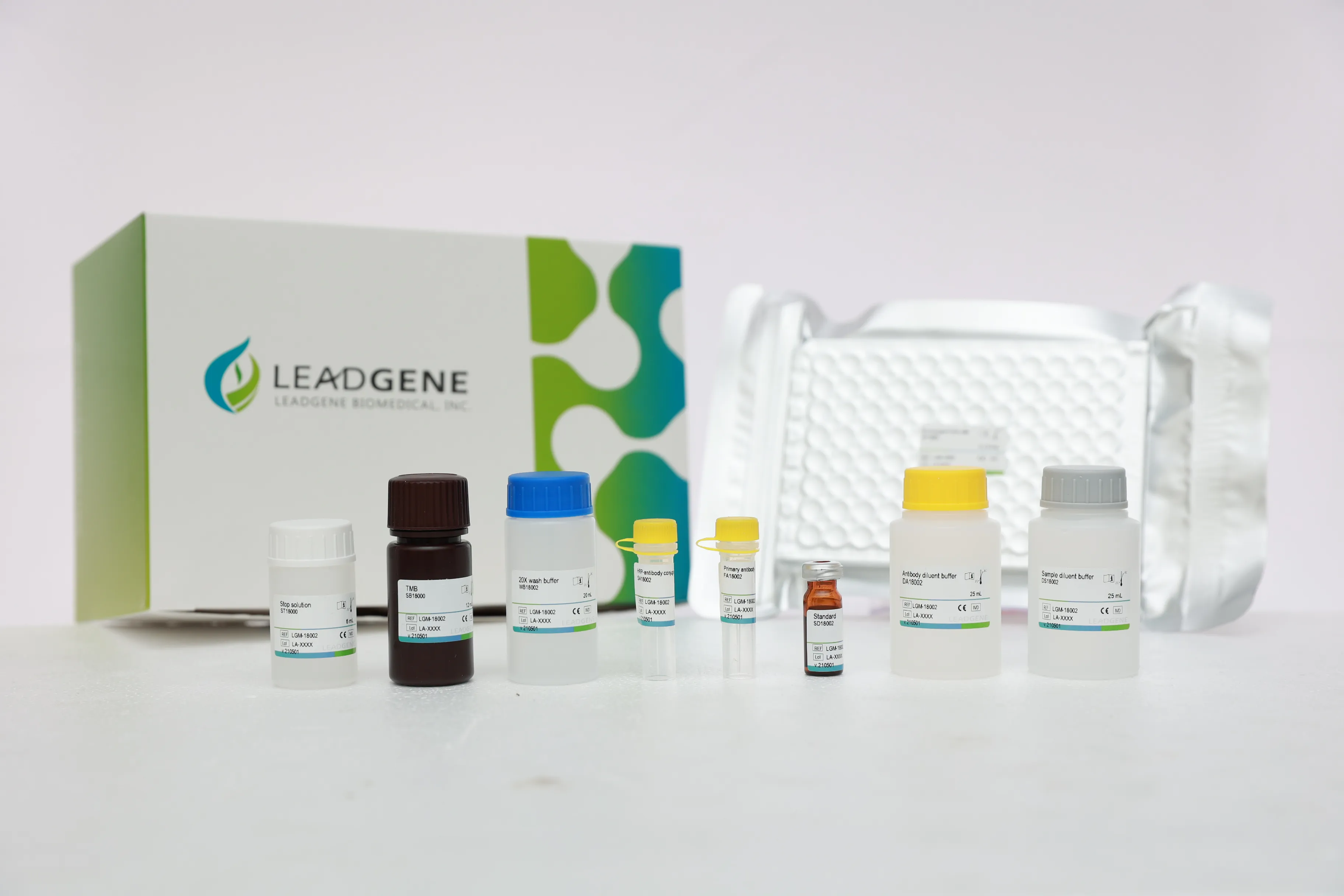
Every second Thursday in March is designated as World Kidney Day, advocated jointly by the International Society of Nephrology (ISN) and the International Kidney Foundation (IFKF), mainly calling for global attention to the early detection and detection prevention of chronic kidney disease.
According to the United States Renal Data System (USRDS), Taiwan still ranks first among the world's top five renal dialysis kingdoms, and the total number of renal dialysis patients exceeds that of the United States, Singapore, and other countries.
The density of renal dialysis patients in Taiwan is the highest globally. The 2021 Kidney Disease Annual Report of the Taiwan Society of Nephrology also pointed out that the population of renal disease patients in Taiwan is about 12%, and the estimated number of renal dialysis patients will exceed 90,000. Especially for newly diagnosed dialysis patients, the number has been increasing yearly, from 11,184 in 2015 to 12,475 in 2019.
Most early symptoms of kidney disease are not obvious. For patients who are not aware of or not correctly diagnosed in time, once the kidney has a condition, it will lead to rapid functional decline and evolve into end-stage kidney disease. If not treated appropriately by blood dialysis or kidney transplantation, it may endanger life.
Chronic kidney disease patients usually need a blood test for protein-bound uremic toxins, which is analyzed through mass spectrometry. However, the test processing is complicated and time-consuming, and these expensive precision instruments are only available in a few large hospitals. In addition, the cost of a single test is high, which is undoubtedly a huge burden for long-term patient testing and monitoring.
To promote the health of the Taiwanese people, Taiwan's biotech and medical industry has accelerated clinical trials of uremic toxin detection kits. The immunoassay kit developed by Leadgene Biomedical can directly detect indoxyl sulfate, one of the uremic toxins in serum specimens. It will significantly benefit kidney disease patients, dialysis patients, and even the general public's routine health examinations and preventive medicine.
Dr. Yi-Chou Hou, the chief physician of the Nephrology Department of Cardinal-Tien Hospital, said that the development of in vitro diagnostics such as uremic toxin detection kits could not only reduce the long-term testing costs of patients but also, if the popularity and detectable population increase in the future, can also do early prevention and examination of kidney disease problems for sub-healthy patients. It can also provide convenient diagnostic methods for medical and inspection institutions, early patient treatment, and avoid unnecessary medical expenses.
Source: Economic Daily News
